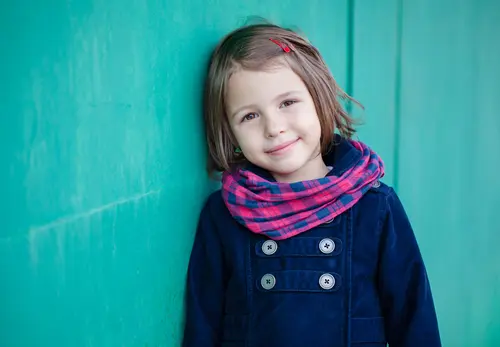
Divorce is stressful for everyone in a family. The emotional turmoil a child can experience is especially distressing. To prevent unnecessary suffering, some parents stay together for the sake of their kids; others simply have no choice but to split up. Either way, children feel the stress and tension – there is no sparing them from it. But there are things parents can do to support their children through this major life change.
The Emotional Roller Coaster of Divorce
Research has found that kids struggle the most during the first year or two after divorce. This makes sense, of course, because absolutely everything they have known is changing. Children can experience the same range of emotions an adult can experience during a Michigan divorce, from anger to anxiety, grief to disbelief, fear to sadness.
While this early time will be the hardest to get through, most kids adjust to their new routines and living arrangements. Others, unfortunately, are not so lucky, and they are unable to find a new normal. It’s a small percentage of kids who fall into the latter category, and it is possible to help your child avoid it.
How Kids React to Divorce
Divorce is an abstract concept for many children. They’ve heard of it. They know kids at school whose parents have split up. Living in a divorced household, however, is a completely different experience. Confusion, frustration, and fear are all normal emotions, and they can come out in various ways depending on the child’s age.
- Toddlers and little kids: The youngest children often have the most difficult time understanding why they’re going between two homes because of your parenting time arrangement. They may also develop a fear that, if their parents no longer love one another, they may stop loving them one day too.
- Elementary school children: Grade school kids may worry that their parents’ divorce is somehow their fault. They may blame themselves for doing something wrong or assume that their misbehavior is the root cause of the split.
- Teenagers: Teens don’t always have much to say, but when it comes to divorce their anger can make itself known. They may be resentful about the changes that are being forced on their life, and may resent one or both parents for the end of the marriage.
Every family is unique and so is every divorce. Children will not react one way or another based on age alone or their position in the family. Some kids, in fact, may feel nothing but relief when their parents finally decide to divorce. Living in a house that is heavy on arguments and stress is difficult to deal with. When that tension goes away, life gets better – even kids can recognize that.
The New Normal of Divorce
While some kids will go inside themselves to cope with divorce, becoming quiet or spending more time alone, others will externalize their feelings. Kids may become impulsive, misbehave in school, and experience more conflict with their peers. This is all normal, but that doesn’t make it any easier for parent or child to cope with. Some parents opt to send their children to therapy to help them cope with the divorce. Sometimes, families will go to counseling together.
If you’re at the beginning of a Michigan divorce, arm yourself with an experienced divorce attorney to help you through all the ups and downs. Contact the family law attorneys at Michigan Divorce Help in Mt. Clemens to schedule a consultation.